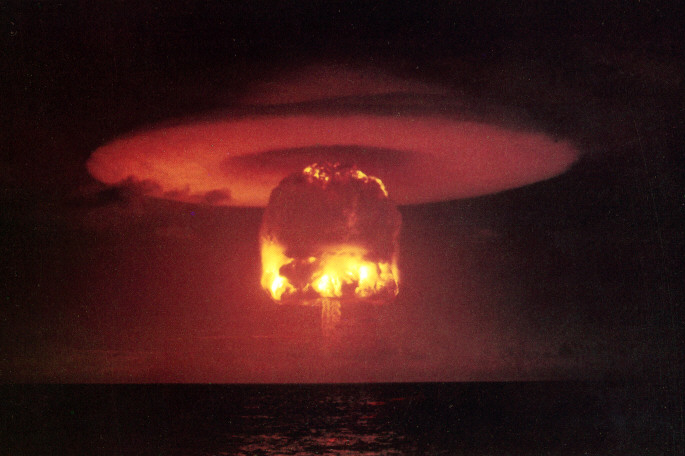Sponsored Content
UN in Vienna Celebrates the International Day for the Total Elimination of Nuclear Weapons
On the International Day for the Total Elimination of Nuclear Weapons, the United Nations draws attention to the important issue of nuclear disarmament. The day, which has been celebrated since 2014, is intended to raise awareness of the enormous international stockpiles of nuclear weapons and to make member states aware of the importance of joint disarmament.
 The goal of complete nuclear disarmament is still a long way off. / Picture: © Wikimedia Commons / United States Department of Energy, Public domain
The goal of complete nuclear disarmament is still a long way off. / Picture: © Wikimedia Commons / United States Department of Energy, Public domain
Today is the International Day for the Total Elimination of Nuclear Weapons. The commemorative day, which was proclaimed by the UN General Assembly in December 2013, was one of the latest efforts to raise public awareness and engagement on nuclear disarmament issues. In 2009, the General Assembly had declared 29 August as the International Day Against Nuclear…
or Log In
Fast News Search





